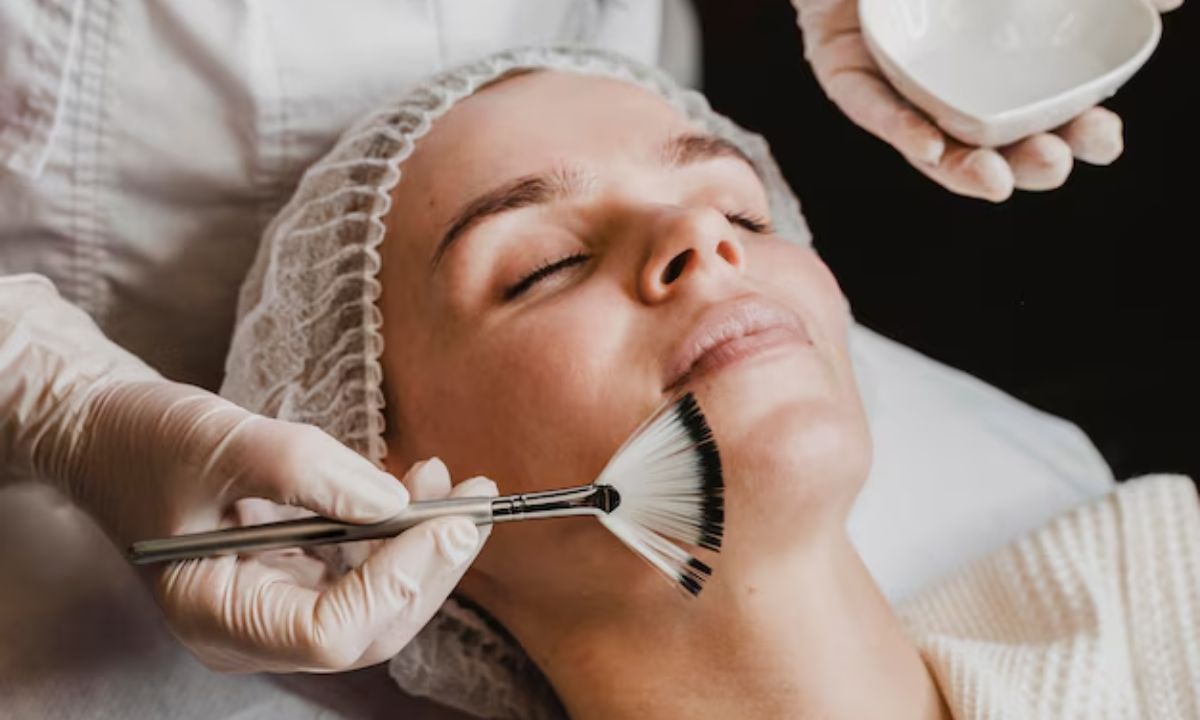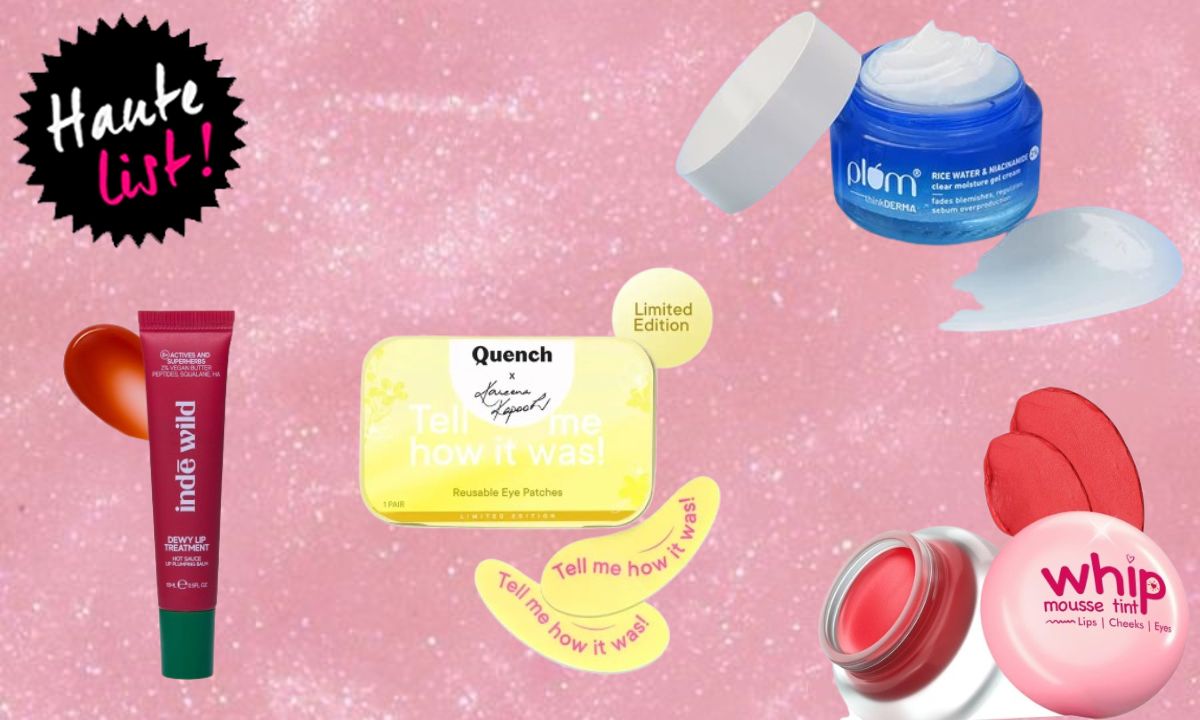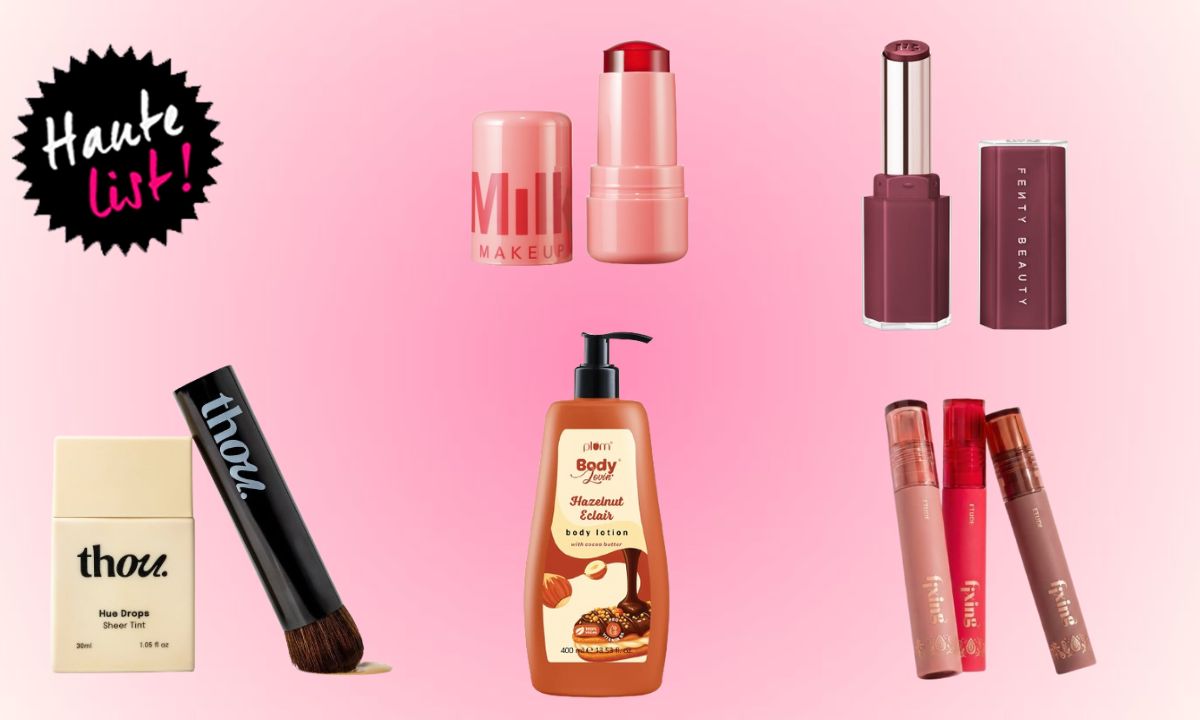Is Exosome Therapy A Breakthrough That’s Set To Overtake Botox In Skin Rejuvenation? Here’s What We Know
Exosomes are small extracellular vesicles that play a critical role in cellular communication, transporting proteins!

Exosomes are small extracellular vesicles (30-150 nm in size) that play a critical role in cellular communication, transporting proteins, lipids, and nucleic acids between cells. Simply put, they are tiny little messengers that communicate with adjacent or distant cells and carry and deliver regenerative biomolecules that help with tissue repair and cell regeneration. For a better understanding, we reached out to Dr. Niti Gaur, MD and Board Certified Dermatologist and here’s what she had to say,
What Are Exosomes?
Exosomes signal cells to do the things they are supposed to do, such as making more collagen, promoting cell repair, reducing inflammation etc. This leads to an improvement in skin texture, thickness, and quality. This is a huge reason for their popularity. With their ability to help improve skin tone, texture, and appearance, exosomes provide several promising therapeutic and anti-ageing benefits.
• By stimulating collagen production, it helps to diminish wrinkles, restore firmness, and smoothen out fine lines.
• It also boosts hydration by improving the skin’s moisture retention, leaving it more supple and radiant.
• It also aids in minimising scars by promoting skin repair and brightens the skin tone by fading dark spots.
• Exosomes accelerate healing by reducing inflammation and supporting faster recovery
• Compared to bio-stimulatory tools such as Sculptra and radio frequency, which also encourage collagen production, exosome therapy can stimulate growth without creating an injury, or swelling, that requires healing.
• In contrast to platelet-rich plasma (PRP) therapy, exosomes can contain more growth factors and are independent of the patient’s age and lifestyle.
Also Read: What Is The Viral Korean Tinted Perfume Trend And Why Is It So Problematic?
While Exosomes have shown a lot of promising results, they are not FDA approved. Many challenges remain, including lack of standardisation, inconsistent isolation methods, source variability, and the need for clinical trials to confirm long-term safety and efficacy. The regulatory landscape is evolving, and further research is essential to meet standards before exosomes can be broadly adopted in cosmetic dermatology.
Also Read: Why Do People Find BTS’ V So Attractive? Facial Analysis Studio Reveals!
About The Author
Niti Gaur is an MD, Board Certified Dermatologist and the founder of Citrine Clinic, Gurgaon, with over 11 years of experience. Dr Niti Gaur has amassed expertise in lasers, botox and fillers and has also done her Fellowship in Cosmetic Dermatology in Singapore as well as the USA.
First Published: July 07, 2025 12:09 PM















